Home>Garden Essentials>How Long Does Wild Bird Seed Last
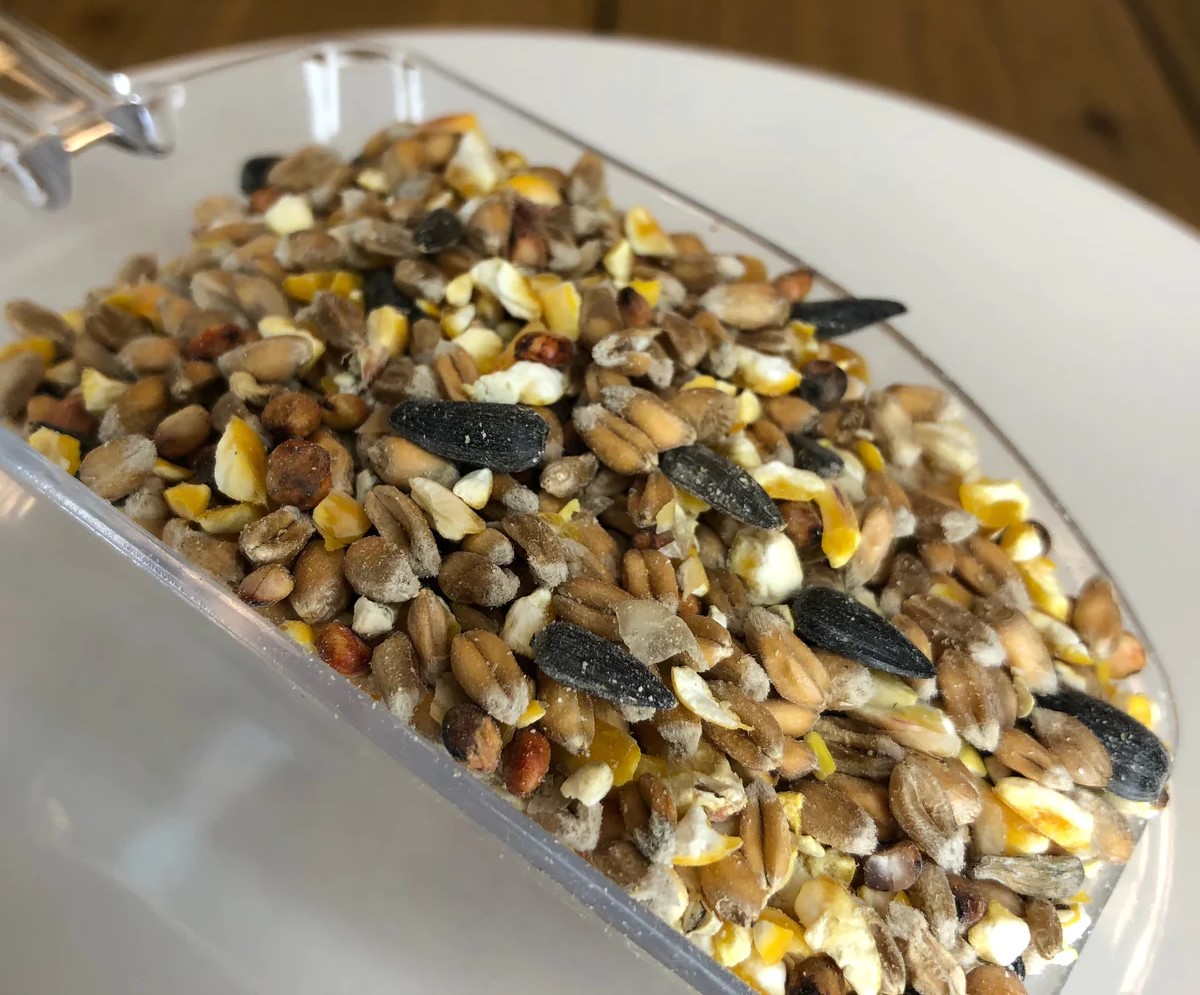

Garden Essentials
How Long Does Wild Bird Seed Last
Modified: March 16, 2024
Discover how long garden wild bird seed lasts and ensure your feathered friends always have fresh and nutritious food.
(Many of the links in this article redirect to a specific reviewed product. Your purchase of these products through affiliate links helps to generate commission for Storables.com, at no extra cost. Learn more)
Introduction
Welcome to the world of wild bird feeding! If you have recently embarked on the journey of attracting birds to your garden, you may have found yourself wondering about the shelf life of wild bird seed. After all, you want to ensure that the seed you provide is fresh and nutritious for our feathered friends.
In this article, we will delve into the factors that can affect the shelf life of wild bird seed, the signs of spoiled seed, and some storage tips to help you prolong its freshness. By the end, you will have a better understanding of how long bird seed can last and how to ensure that you are providing the best quality food for the birds in your garden.
So, let’s dive into the fascinating world of wild bird seed and discover the secrets to keeping it fresh for our avian visitors!
Key Takeaways:
- Keep bird seed fresh by storing it in a cool, dry place away from sunlight and pests. Regularly check for mold, clumping, and unusual odors to ensure it’s safe for our feathered friends.
- High-quality bird seed can last 6 months to 1 year when stored properly. Avoid using expired seed and consider repurposing old seed for compost or attracting wildlife to your garden.
Read more: How Long Does Bird Seed Last
Factors Affecting the Shelf Life of Wild Bird Seed
Several factors can influence the shelf life of wild bird seed, determining how long it remains fresh and nutritious for birds. Understanding these factors can help you make informed decisions when purchasing and storing bird seed. Let’s explore some of the key factors below:
1. Quality of the Seed:
The quality of the bird seed itself plays a crucial role in its shelf life. High-quality seed will generally have a longer shelf life compared to lower-quality seed. Look for seeds that are fresh, clean, and free from mold, dust, or debris.
2. Moisture Content:
Moisture is the enemy when it comes to storing bird seed. Seeds that are exposed to moisture or damp environments can quickly develop mold or bacteria, rendering them unfit for consumption. It is essential to keep bird seed dry to maintain its quality and prolong its shelf life.
3. Storage Conditions:
The way you store bird seed can significantly impact its shelf life. Ideal storage conditions include keeping the seed in a cool, dry, and well-ventilated area. Avoid storing it near sources of heat or sunlight, as this can accelerate spoilage. Additionally, using airtight containers or resealable bags can help keep moisture and pests out, ensuring the seed remains fresh for longer.
4. Exposure to Air:
Oxygen can lead to the degradation of bird seed over time. Exposure to air can cause the seed to become stale and lose its nutritional value. It is best to store the seed in airtight containers or bags to minimize its exposure to air and maintain its freshness.
5. Pest Infestation:
Birds are not the only ones attracted to bird seed. Insects, rodents, and other pests may also be enticed by the aroma and taste of the seed. These uninvited guests can contaminate the seed and reduce its shelf life. Taking precautions to prevent pest infestation, such as using rodent-proof containers or storing seed in elevated areas, can help prolong its freshness.
By considering these factors and taking appropriate measures, you can ensure that your wild bird seed remains fresh and appealing to birds for an extended period. Now that we understand the factors affecting shelf life, let’s explore the signs of spoiled bird seed in the next section.
Signs of Spoiled Bird Seed
Recognizing the signs of spoiled bird seed is essential to ensure that you are providing safe and nutritious food for the birds in your garden. Here are some common signs to look out for:
1. Mold or Fungal Growth:
One of the most obvious signs of spoiled bird seed is the presence of mold or fungal growth. Mold can appear as a fuzzy or powdery substance on the seed. It can pose a health risk to birds and should be discarded immediately.
2. Unpleasant Odor:
Spoiled bird seed may emit a foul or musty odor. If you notice any unusual or unpleasant smells coming from the seed, it is a clear indication that it has gone bad and should not be fed to birds.
3. Discoloration:
Fresh bird seed typically has a vibrant and uniform color. However, if you observe any significant discoloration, such as dark or faded patches, it could be a sign of spoilage. Discolored seed may have started to decompose and should be discarded.
4. Clumping or Caking:
When bird seed comes into contact with moisture, it can clump or cake together. This can occur if the seed is stored in a humid environment or if moisture has seeped into the storage container. Clumped seed is more susceptible to bacterial growth and should not be fed to birds.
5. Pest Infestation:
If you notice an unusually high presence of pests, such as insects or rodents, around your bird seed storage area, it is possible that the seed has been infested. Pests can contaminate the seed and make it unsafe for consumption by birds.
It is important to regularly inspect your bird seed for any signs of spoilage. If you notice any of these signs, it is best to err on the side of caution and discard the seed. Providing fresh and uncontaminated food is crucial for maintaining the health and well-being of the birds in your garden.
Now that we are aware of the signs of spoiled bird seed, let’s move on to some storage tips that can help prolong its shelf life.
Store wild bird seed in a cool, dry place to extend its shelf life. Properly stored seed can last up to 6 months, but check for signs of mold or insects before using.
Storage Tips for Prolonging the Shelf Life
Proper storage is key to maximizing the shelf life of wild bird seed and ensuring that it remains fresh and nutritious for the birds in your garden. Here are some essential storage tips to help you prolong the longevity of your bird seed:
1. Choose the Right Storage Container:
Use airtight containers or resealable bags specifically designed for food storage. This will help prevent moisture from entering and keep pests at bay. Avoid using containers made of plastic or other materials that may retain moisture and contribute to mold growth.
2. Store in a Cool and Dry Place:
Find a cool and dry location to store your bird seed. Heat and humidity can accelerate the spoiling process. Avoid storing seed in basements, garages, or areas prone to moisture, as these conditions can lead to mold growth. Opt for a cool pantry or a dedicated storage area inside your home.
3. Keep Away from Direct Sunlight:
Exposure to direct sunlight can cause the seed to heat up, leading to spoilage. Choose a storage location that is away from windows and direct sunlight. Alternatively, you can cover the storage container with a cloth or place it inside a cupboard or pantry to protect it from sunlight.
4. Rotate Stock:
To ensure that your bird seed remains fresh, practice a “first-in, first-out” approach. When purchasing new seed, use the older stock first. This helps prevent the seed from sitting in storage for prolonged periods, reducing the chances of it becoming stale or spoiled.
5. Monitor for Pest Infestation:
Regularly inspect your storage area and containers for signs of pests. Ensure that the storage area is clean and free from any potential entry points for pests. If you notice any signs of infestation, take immediate action to eliminate the pests and clean the storage area thoroughly.
6. Avoid Overstocking:
It’s tempting to purchase bird seed in bulk, but it’s important not to overstock beyond what you can use within a reasonable timeframe. As seed ages, its nutritional value may decline. By purchasing and using bird seed within a reasonable period, you can provide fresh and high-quality food for birds.
By following these storage tips, you can prolong the shelf life of your wild bird seed, ensuring that it remains fresh and appealing for the birds that visit your garden. Now, let’s address some frequently asked questions about wild bird seed.
Frequently Asked Questions (FAQs)
Here are some commonly asked questions about wild bird seed:
- How long does wild bird seed last?
- Can I use expired bird seed?
- Can I freeze bird seed to extend its shelf life?
- What can I do with old bird seed?
- How can I attract more birds to my garden?
The shelf life of wild bird seed can vary depending on various factors such as quality, storage conditions, and the type of seeds used. On average, properly stored bird seed can last anywhere from 6 months to 1 year. However, it is always best to check for signs of spoilage before feeding it to the birds.
It is generally not recommended to use expired bird seed. The nutritional value of the seed may have declined, and there may be a higher risk of it being spoiled or contaminated. It is best to discard expired bird seed and provide fresh seed for the birds in your garden.
While freezing bird seed can potentially extend its shelf life, it may also affect the texture and quality of the seed. Freezing can cause moisture to form and contribute to the development of mold when the seed is thawed. It is generally best to store bird seed in a cool, dry place rather than freezing it.
If you have old bird seed that is no longer suitable for feeding the birds, there are a few ways you can reuse it. Old bird seed can be used as compost or added to your garden soil as an organic amendment. Additionally, consider using it to attract wildlife such as squirrels or other critters that may appreciate the treat.
To attract more birds to your garden, consider providing a variety of bird-friendly features such as bird feeders, bird baths, and native plants that offer food and shelter. Offering a diverse selection of wild bird seed that appeals to different bird species can also help attract a wider variety of birds.
These are just a few of the frequently asked questions about wild bird seed. If you have any other inquiries or concerns, it is always best to consult local birding resources or experts who can provide tailored advice for your specific region and bird species.
Now, let’s conclude our exploration of wild bird seed and its shelf life.
Read more: How Long Does A Seed Last
Conclusion
Providing fresh and nutritious wild bird seed is essential for attracting and supporting a diverse range of bird species in your garden. By understanding the factors that can affect the shelf life of bird seed and implementing proper storage practices, you can ensure that the seed remains fresh and appealing to birds for an extended period.
Remember to choose high-quality seed, store it in a cool and dry place away from direct sunlight, and regularly inspect for signs of spoilage. By monitoring the seed for mold, discoloration, clumping, and pests, you can ensure that you are providing safe and healthy food for the birds.
While the shelf life of wild bird seed can vary depending on factors such as storage conditions and seed quality, a general guideline is to use the seed within 6 months to 1 year. However, always rely on the visual and olfactory signs of spoilage rather than strict expiry dates.
By following these guidelines, you can create a welcoming environment for birds and enjoy the beauty and joy of their presence in your garden. Remember to regularly clean your bird feeders and bird baths, and dispose of any spoiled or expired bird seed to maintain a healthy feeding station.
Thank you for joining us on this journey into the world of wild bird seed. With these tips in mind, you can confidently provide fresh and nutritious food for the feathered residents and visitors of your garden.
Frequently Asked Questions about How Long Does Wild Bird Seed Last
Was this page helpful?
At Storables.com, we guarantee accurate and reliable information. Our content, validated by Expert Board Contributors, is crafted following stringent Editorial Policies. We're committed to providing you with well-researched, expert-backed insights for all your informational needs.
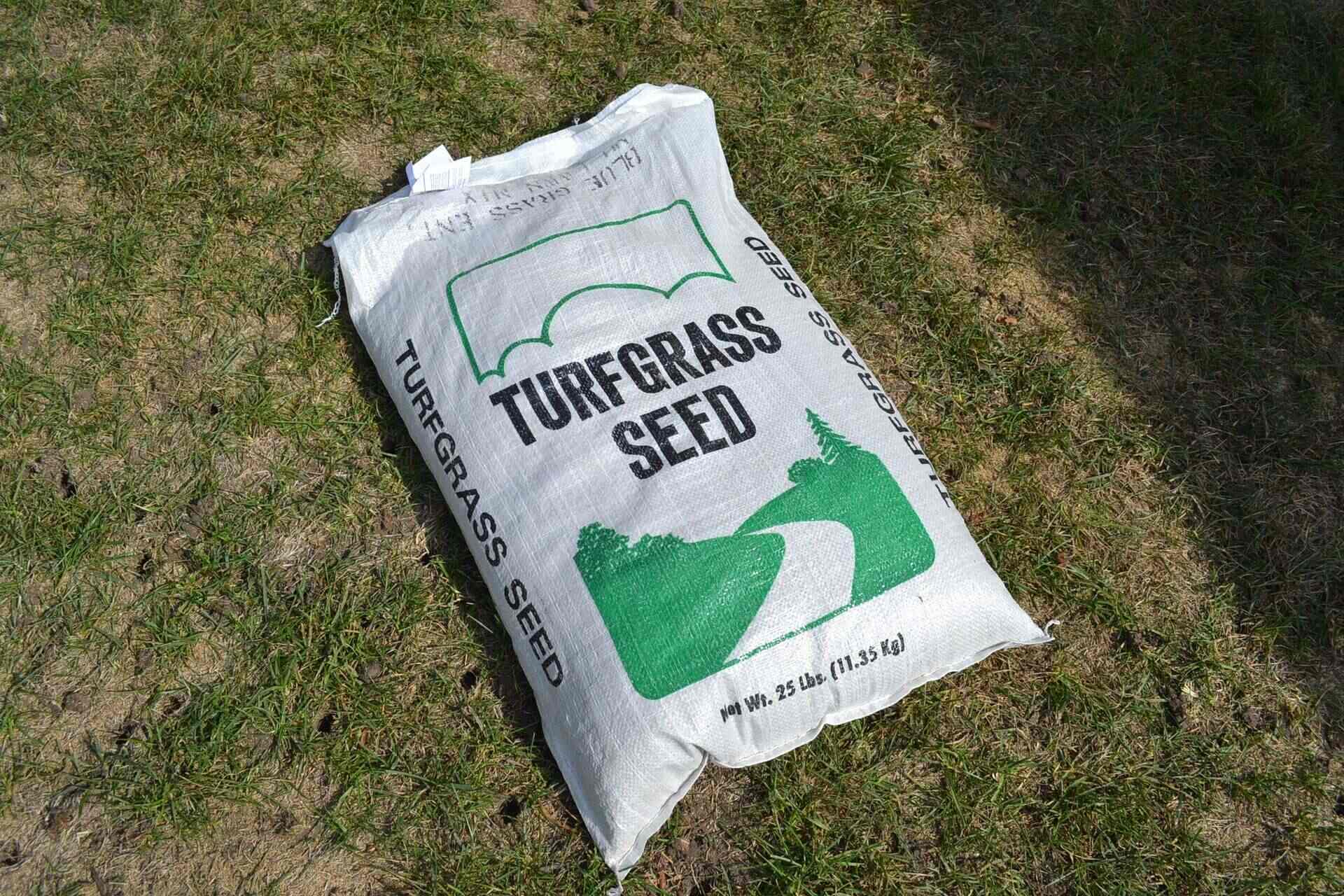
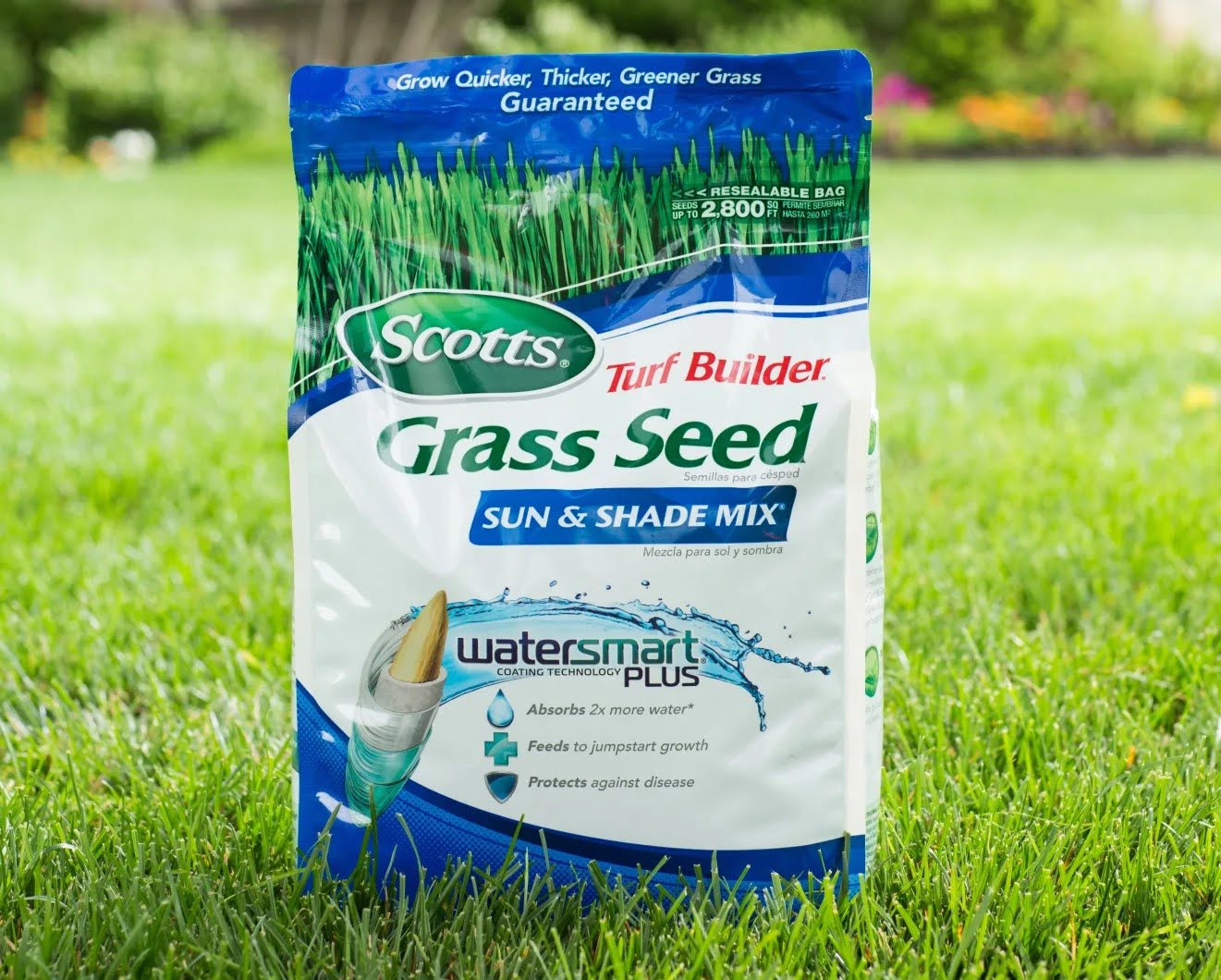
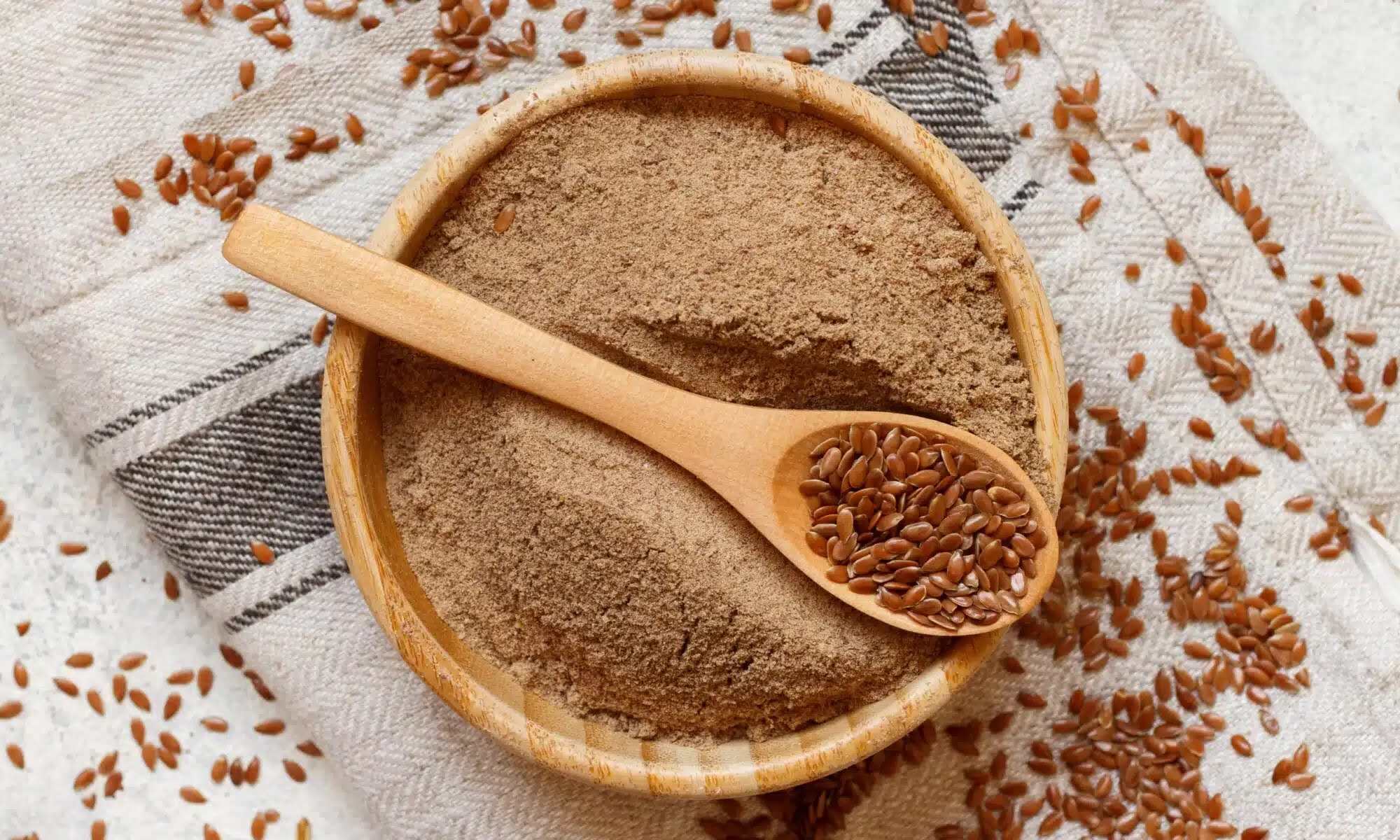
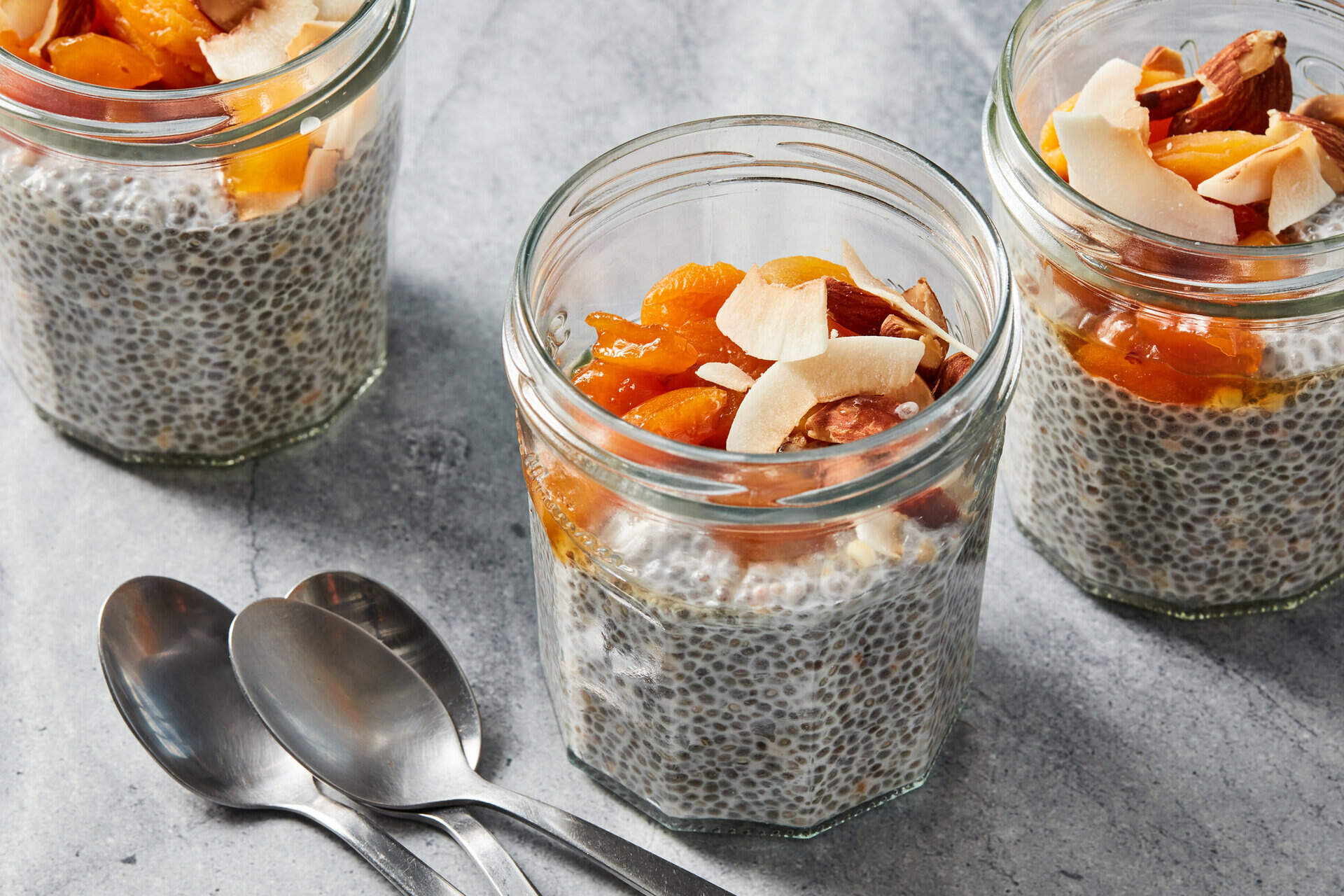
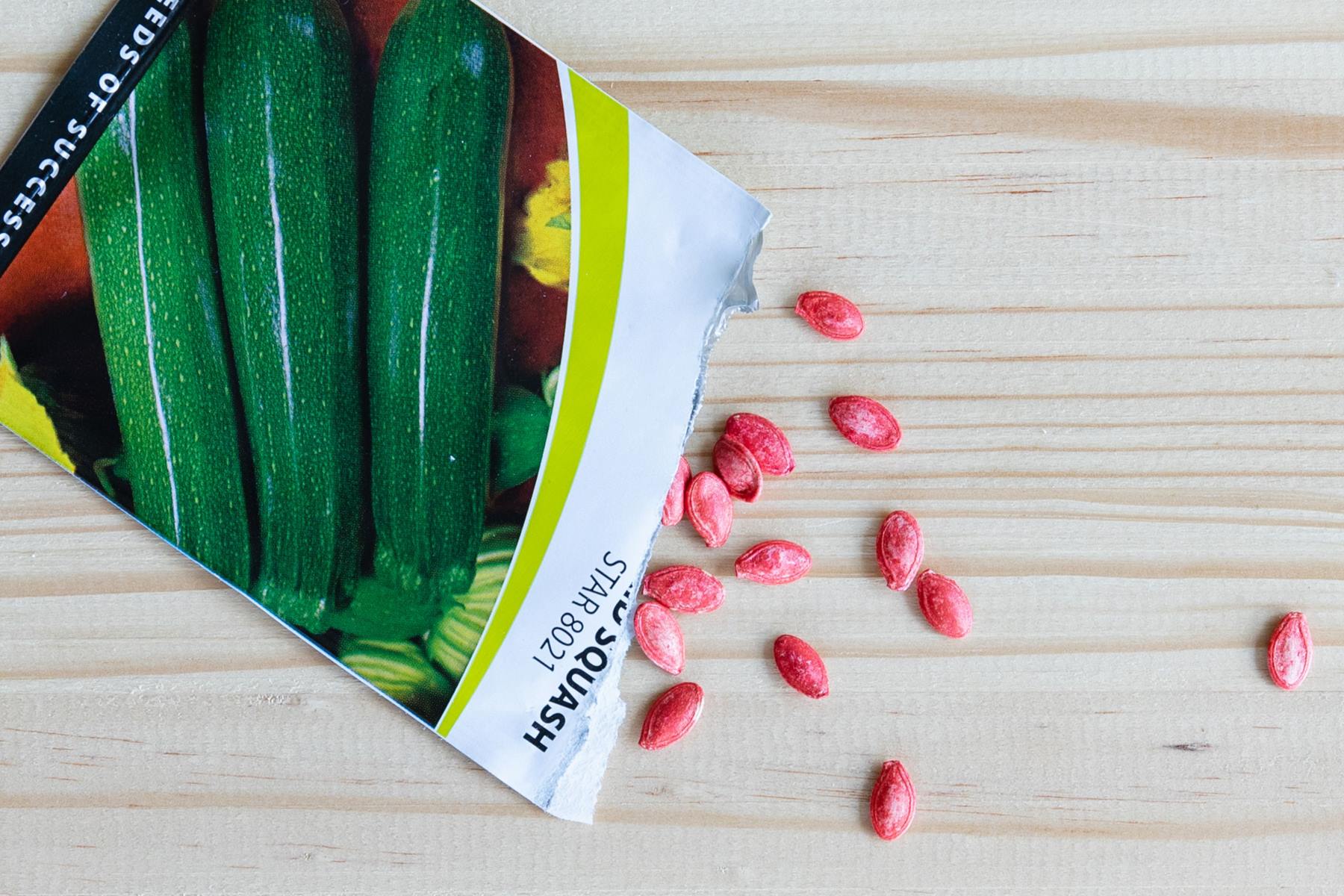
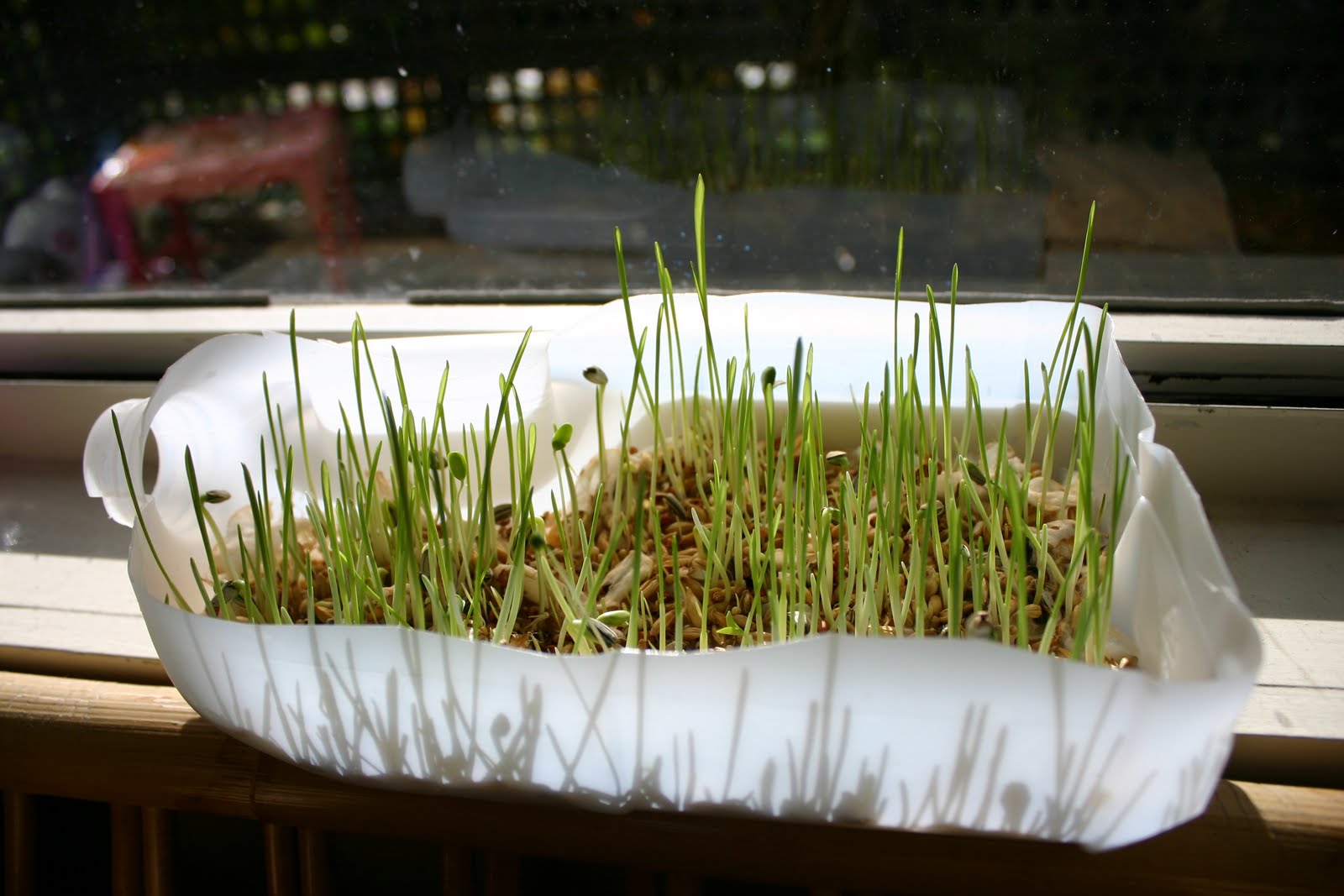
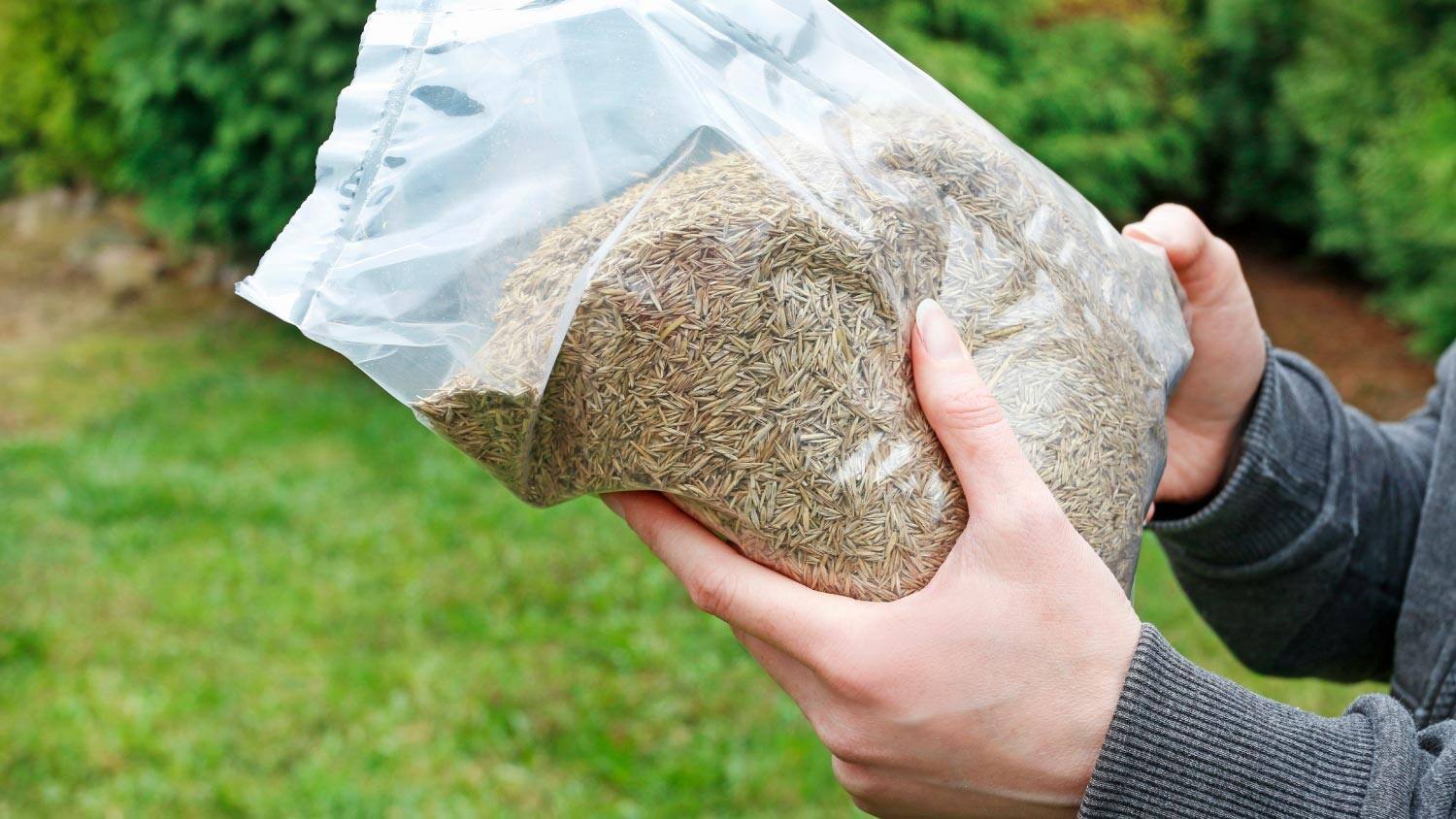
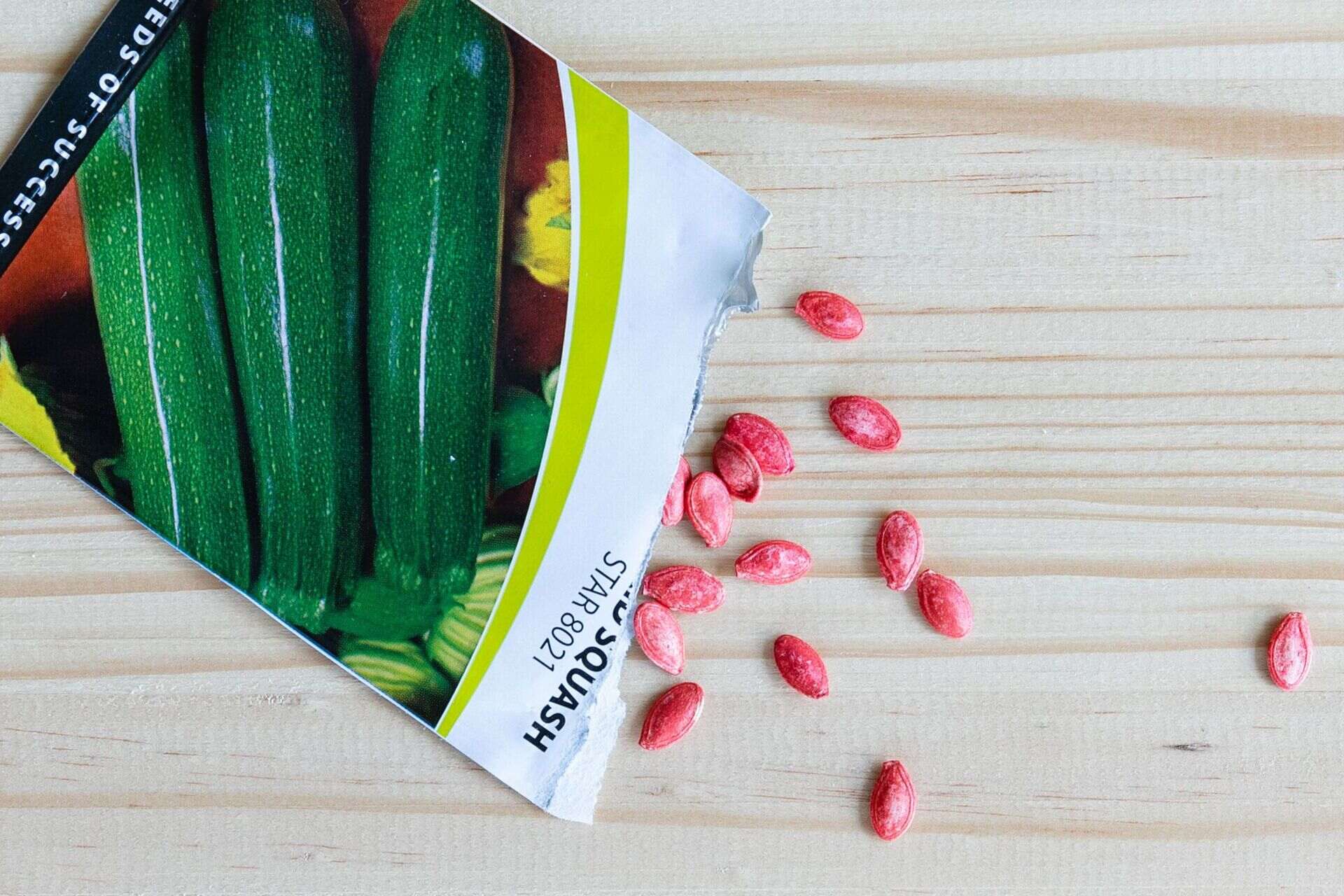
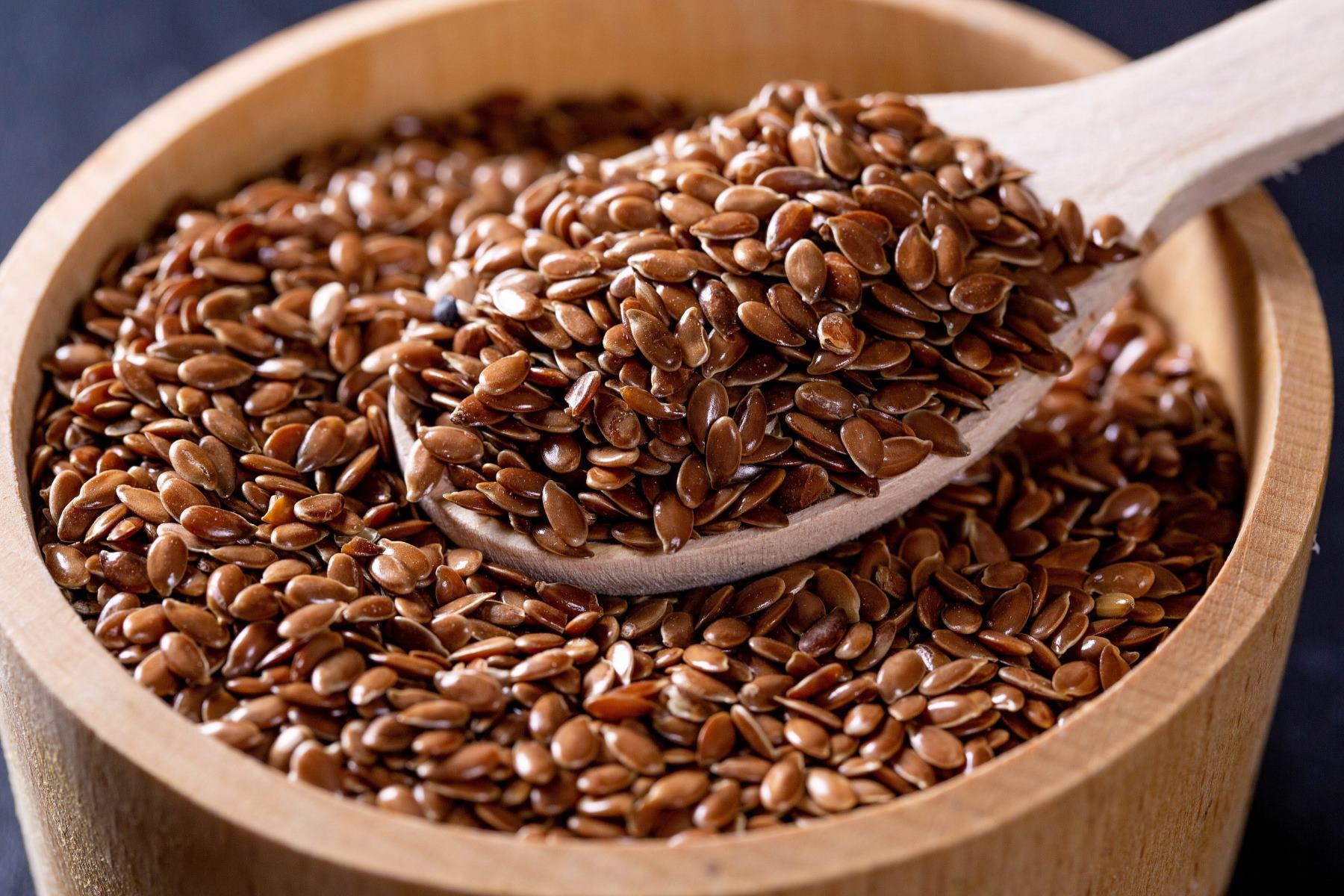
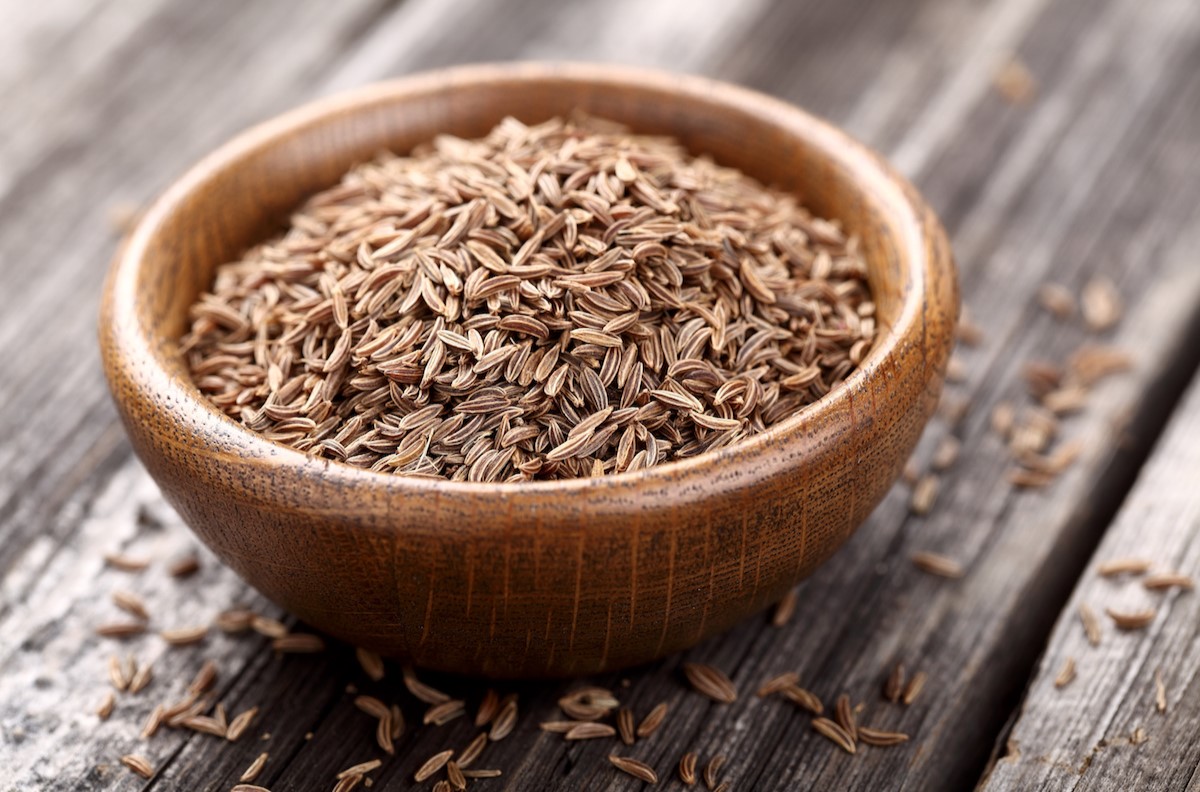
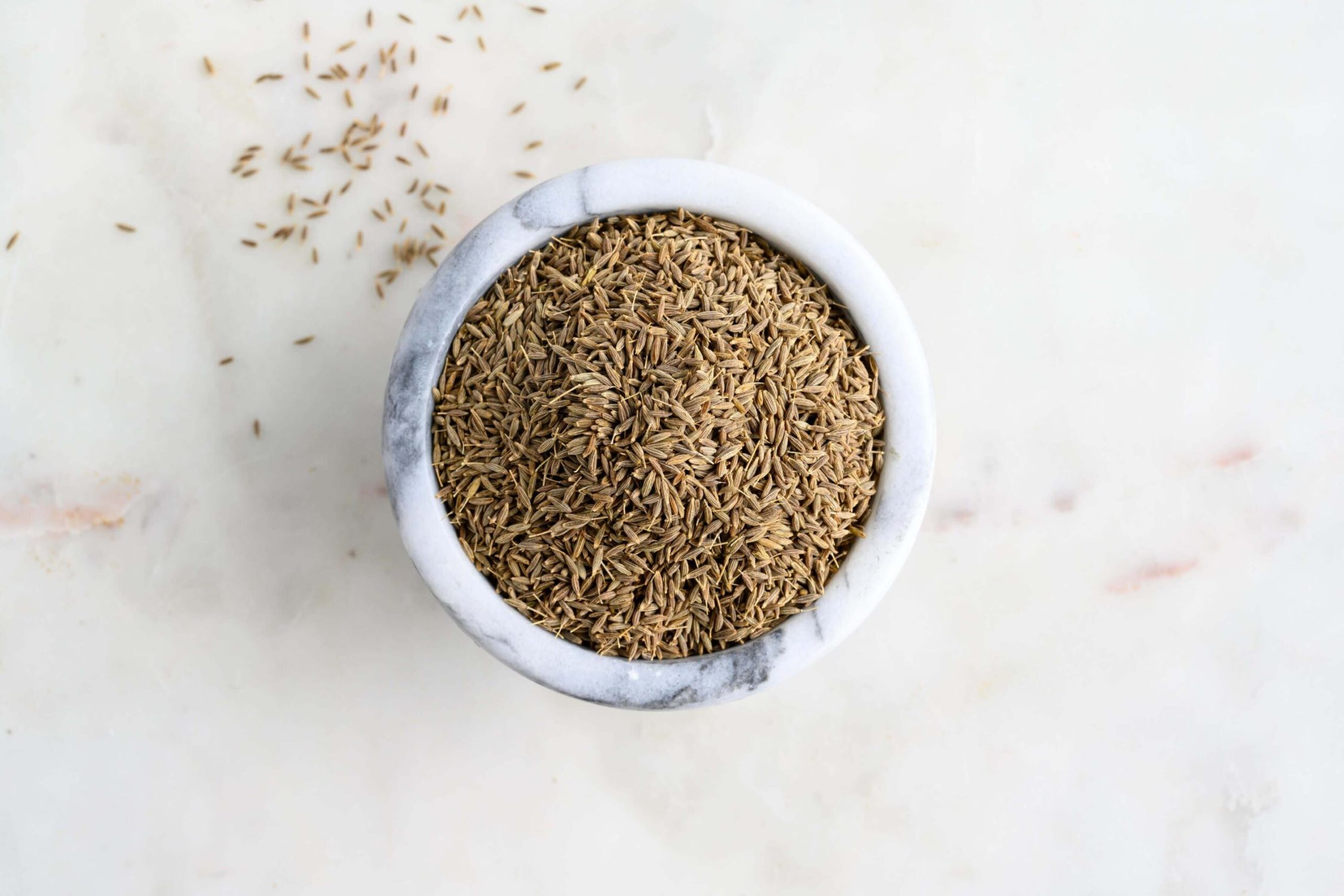
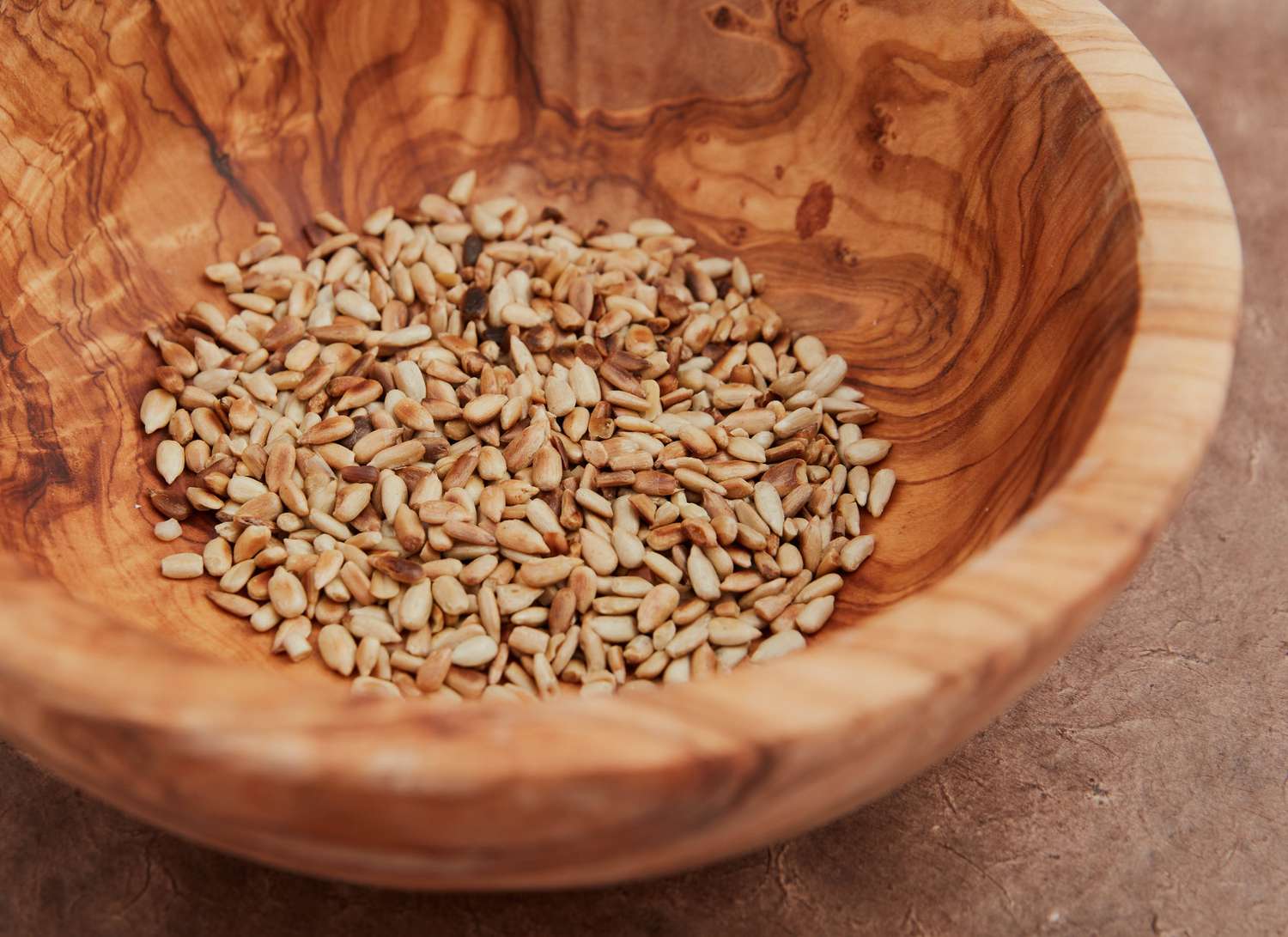
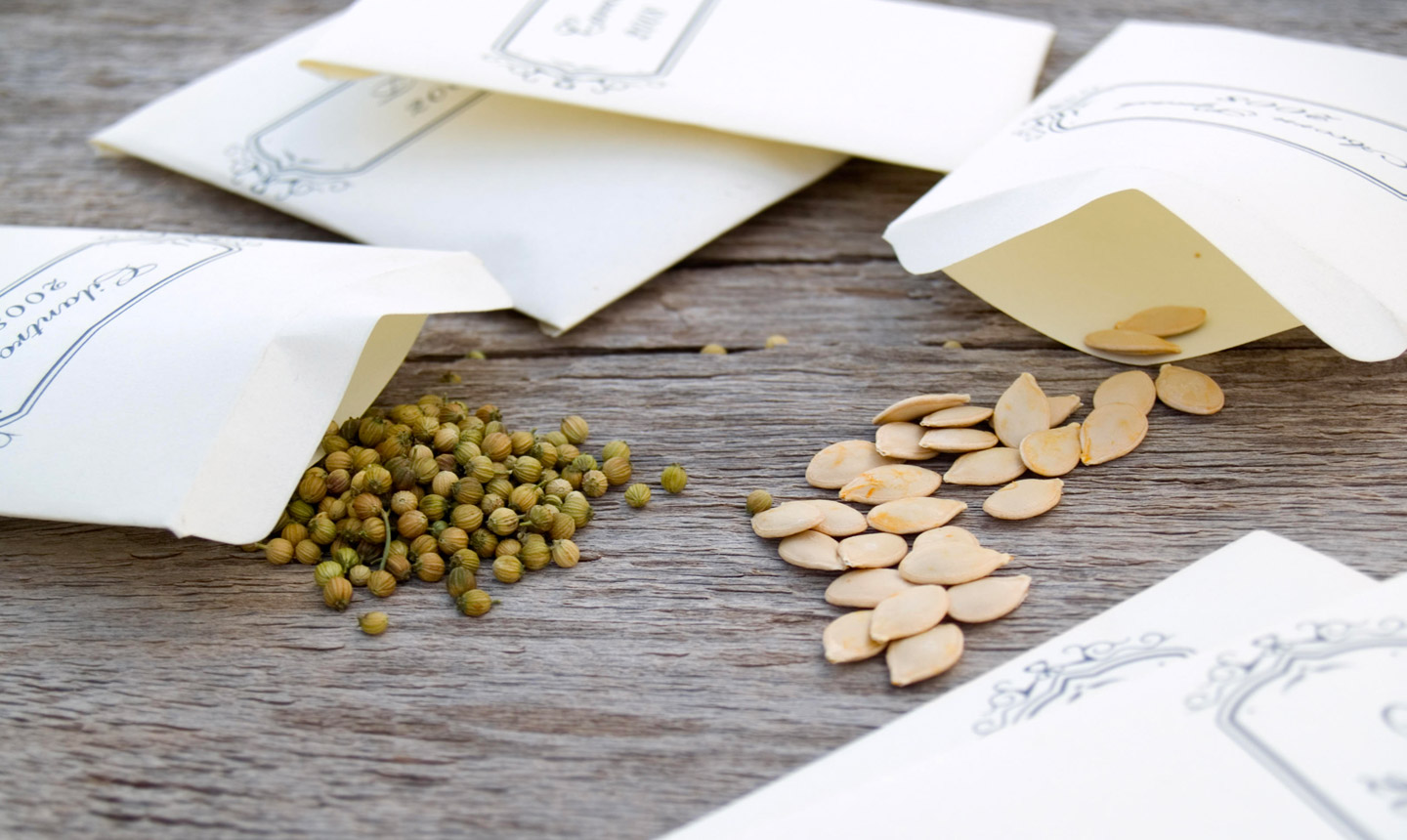
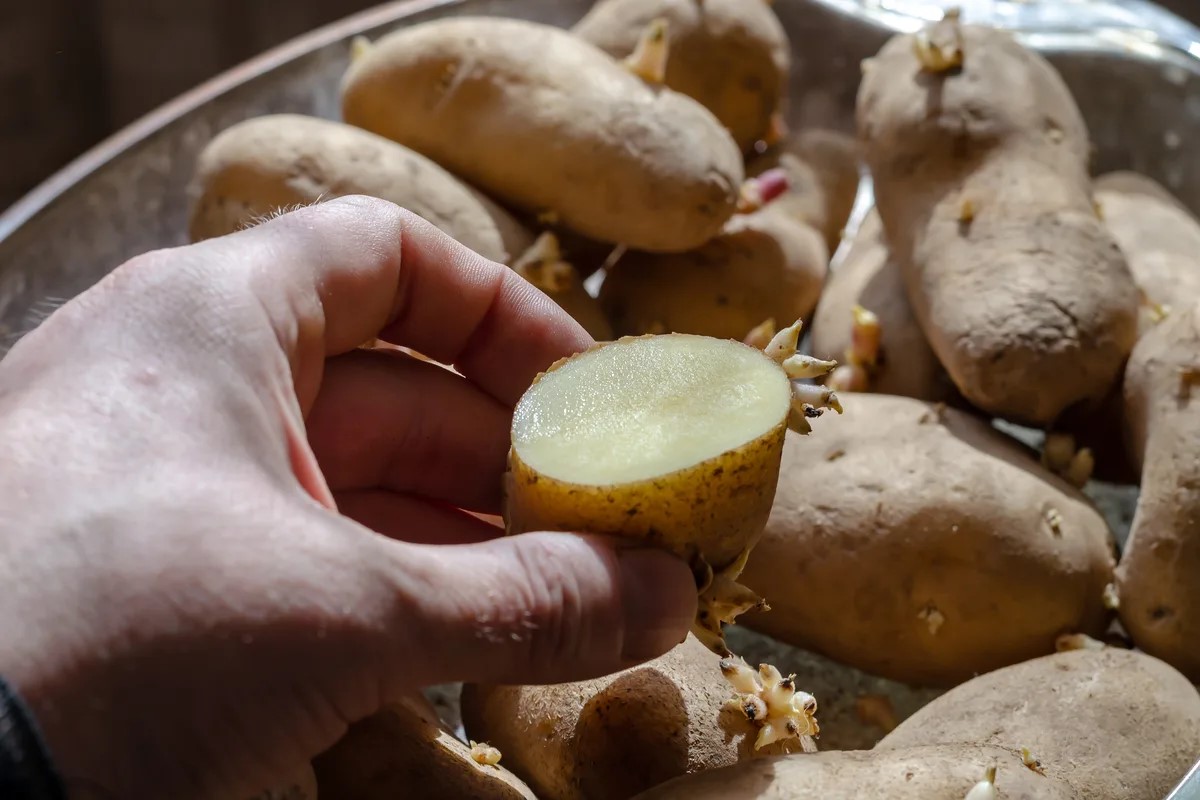

0 thoughts on “How Long Does Wild Bird Seed Last”